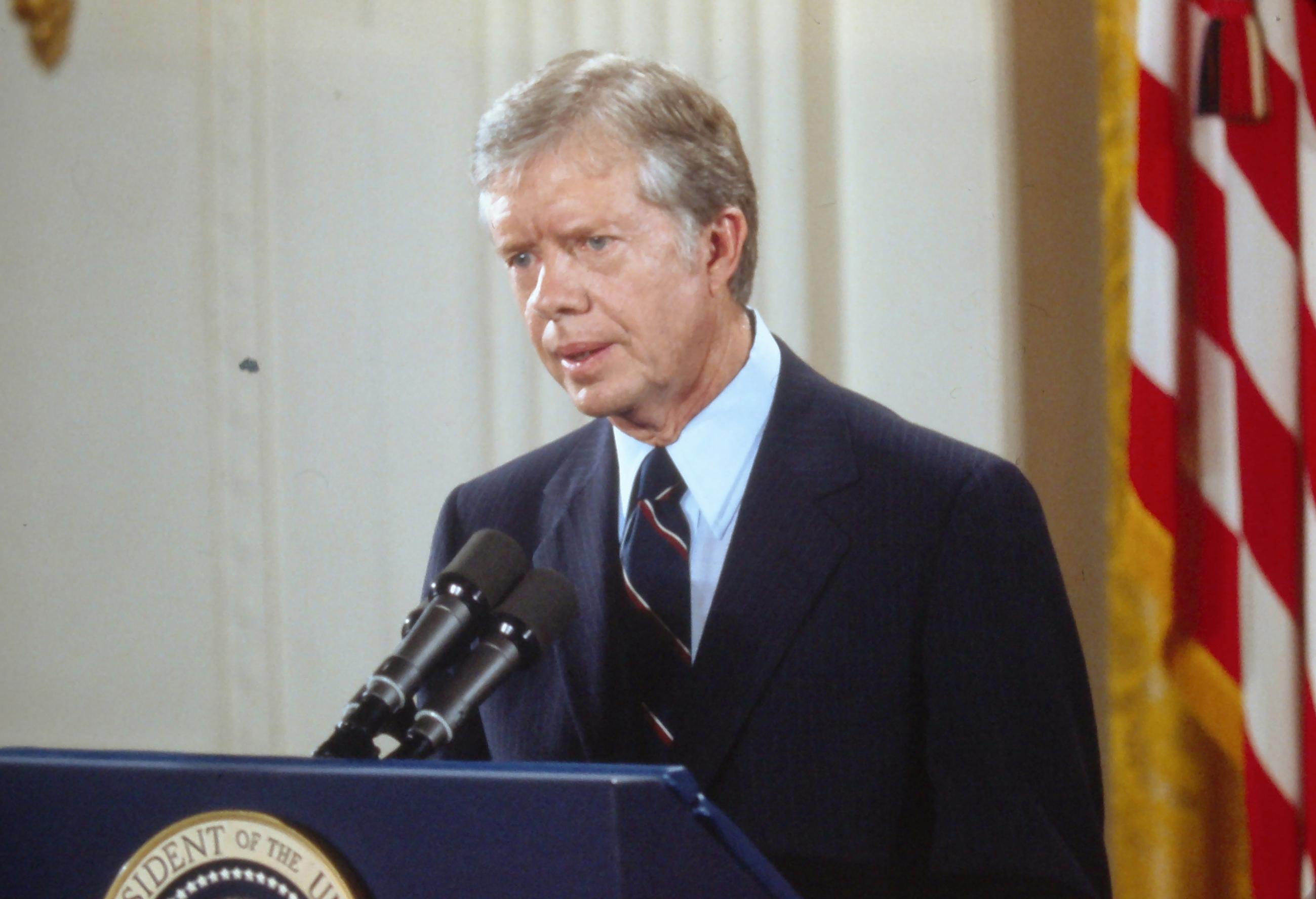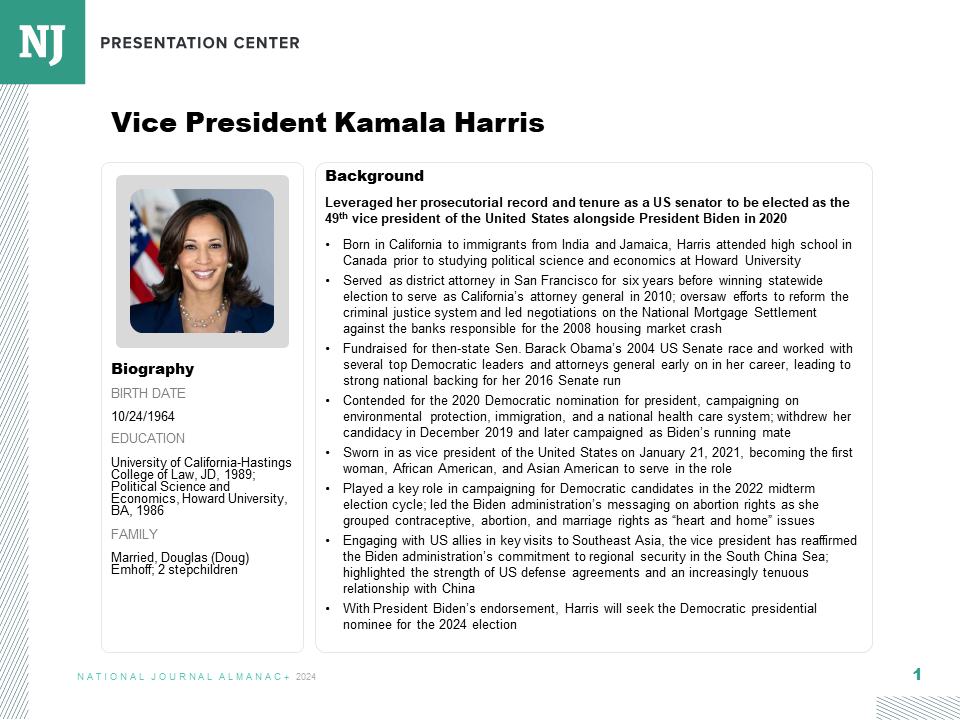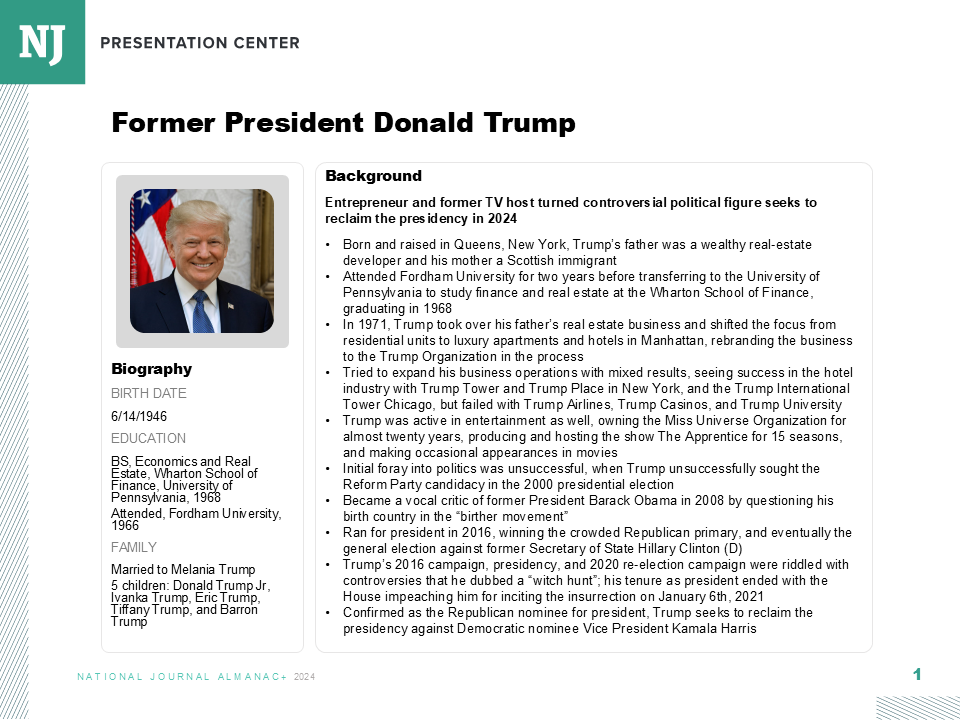The last 19 presidents would not know what to make of the war President Trump is waging against the reporters who cover him. But they would understand the White House’s anger at the comedian the White House Correspondents’ Association originally hired to be the entertainer at the group’s annual dinner next week.
From 1914, when the correspondents bonded together, through 2016, when Trump was first elected, presidents from Woodrow Wilson through Barack Obama were happy to work with the WHCA. And presidents from Calvin Coolidge through Obama were guests at the annual dinner, which Franklin D. Roosevelt smilingly called “our parties.”
They often didn’t like the stories written about them. But for more than a century, the appearance of comity and a pleasant evening with top-rated entertainers kept them coming to the dinner.
Not Trump. Though he attended more correspondents’ dinners as a private citizen than any other president—five—he made a point of snubbing the dinner when he got into office. During his first term, he even counter-programmed the event with official rallies elsewhere. In 2017, he was in Harrisburg, Pennsylvania. In 2018, it was Washington, Michigan, where he derided the dinner as a “very big, boring bust.” And in 2019, he was in Green Bay, Wisconsin.
In his second term, the president has moved well beyond a critical focus on the dinner, ratcheting up his attacks on the correspondents who cover him and the organization that was originally founded to decide who should be allowed to cover President Woodrow Wilson’s press conferences. That war has played out most publicly in Trump’s determination to punish the Associated Press, the world’s biggest news organization, for its refusal to bow to his insistence that everyone has to go along with his renaming of the Gulf of Mexico as the Gulf of America.
On Feb. 14, he barred AP reporters from entering the Oval Office. On Feb. 21, the wire service sued the White House to regain its access. On Feb. 25, the White House ended an almost-90-year-old policy of letting the WHCA determine the makeup of the press pool covering the White House. On April 8, a judge ordered the White House to restore AP’s access. On Monday, the White House responded by removing all the wire services—AP, Reuters, and Bloomberg—from all pools. On Tuesday, the White House permitted an Associated Press correspondent to cover an event in the East Room while still excluding AP from the pool. On Wednesday, the wire service went back to court to force the White House to relent and let it back into the pool.
While this grimly serious battle was playing out, the two sides were also sparring over the entertainment at next week’s dinner. On Feb. 4, the WHCA announced it had hired comedian Amber Ruffin. Eugene Daniels, the president of the association who then worked for Politico, called her “a perfect fit for the dinner,” citing her “ability to walk the line between blistering commentary and humor.”
She began to live up to that billing the very next day when she was interviewed by Jake Tapper on CNN. At a time when the WHCA still was hoping the president would attend the dinner and the White House was mulling the invitation, she made clear that she planned to skewer him if he came. Asked if she wanted him to attend, she said, “No. … No one wants that.” She added, “I don’t know that anyone’s looking forward to being in the same room as him.”
She said other comedians had told her to be even-handed in the night’s humor, poking fun at both sides of the political divide. But, laughing, she told Tapper, “I’m not going to do that.” Instead, she said she would be “telling the truth about how I feel.”
It was a first for the WHCA. Never in the 104 years since the first dinner in 1921 had the correspondents sought “blistering commentary.” And never had the entertainer tried to undercut the traditional invitation to the president. Her comments did not please the journalists still working to get Trump to attend. But it got worse. With the White House still pondering the invitation, Ruffin doubled down on her distaste for the president and those who work for him.
On March 28, she went on the Daily Beast Podcast with comedian Samantha Bee and co-host Joanna Coles. Again, she mocked the correspondents for asking her not to target only one party. “They were like, ‘You need to be equal and make sure that you give it to both sides,’ and I was like, ‘There’s no way I’m going to be freaking doing that,'” she said. “Under no circumstances.” And she added a new twist, calling Trump administration officials “kind of a bunch of murderers.” She added, “They want that false equivalency that the media does. They want that. It feels great. It makes them feel like human beings. But they shouldn't get to feel that way because they're not.”
Her broadside brought immediate condemnation from White House deputy chief of staff Taylor Budowich. In a posting on X, he called Ruffin “a 2nd rate comedian” and repeated her comments. “What kind of responsible, sensible journalist would attend something like this? More importantly, what kind of company would sponsor such as hate-filled and violence-inspiring event?”
The next day, a unanimous WHCA board fired Ruffin and announced there would be no comedian at the dinner this year. “At this consequential moment for journalism,” said Daniels, “I want to ensure the focus is not on the politics of division but entirely on awarding our colleagues for their outstanding work and providing scholarship and mentorship to the next generation of journalists.”

In the war between the WHCA and the White House, this was a battle lost because of friendly fire. Their own hire was now targeting the journalists, as they learned when she broke her silence about her firing. Appearing on Late Night with Seth Meyers, on which she is a writer, she mocked the correspondents. She said she now knows “that when bad people do bad things, you have to treat them fairly and respectfully. … When you watch Sound of Music, you have to root for the singing children and the other people.”
She left no doubt that she would have targeted Trump, adding, “if they had let me give that speech, ooh, baby! I would have been so terrifically mean.”
“Mean,” like “blistering commentary,” is another term alien to the dinner’s entertainment since 1921. In contrast, the history since that first dinner in 1921 is one of lightly ribbing the president while trying to entertain him. At different times, that has meant hiring the president’s college roommate, letting a member of his Cabinet sing, putting the president’s daughter on stage, debuting a new campaign song, and turning the dinner into a birthday party for the president.
Next week, we'll look at the history of trying to make a president want to attend the dinner.








